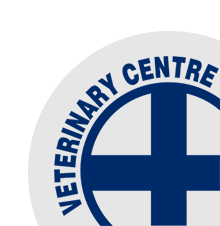Nursing Downer Cows
/A recent conference session with Victorian vet Phil Poulton, PhD, highlighted the importance of nursing care given to downer cows. A recently published study of Phil's showed 43% of cows with good nursing care recovered after 10 days - regardless of the initial cause of being down - compared to only 6% with poor nursing care. Downer cows are prone to a host of secondary problems including nerve damage, dislocated hips, muscle and spinal problems, which can be minimised when nursed appropriately.
Good nursing care includes:
- Providing shelter from cold and rain (ideally in a clean, dry shed)
- Thick bedding of hay, straw, sawdust, rice hulls or sand
- Barriers to prevent crawling and walking (if unable to walk when lifted)
- Lifted 1-2 times daily when able to support some weight, lowered when unable
- Rolled several times daily to take pressure off lower leg
- Access to high quality feed and water
- Teat disinfection twice daily, milking if udder leaking
- Moved using front-end loading bucket, not hip lifters.
For more detailed information see the Dairy Australia website or contact your prime vet.




